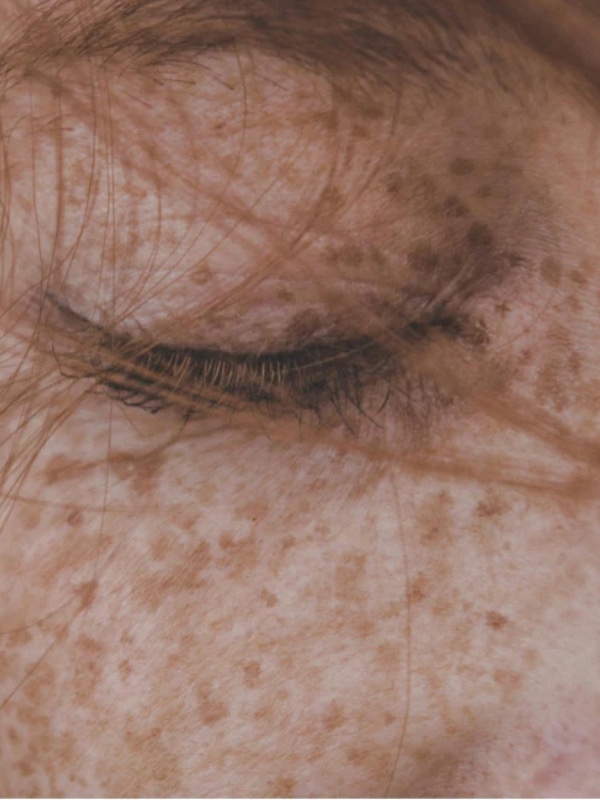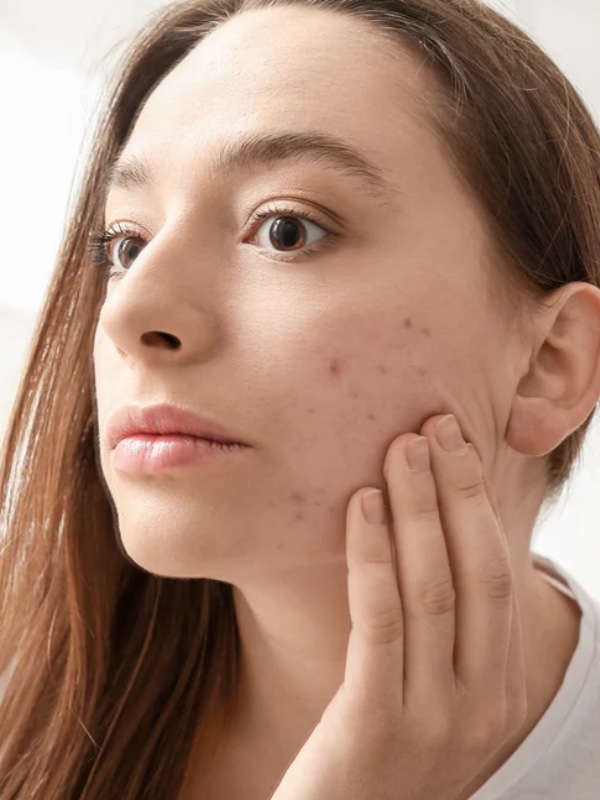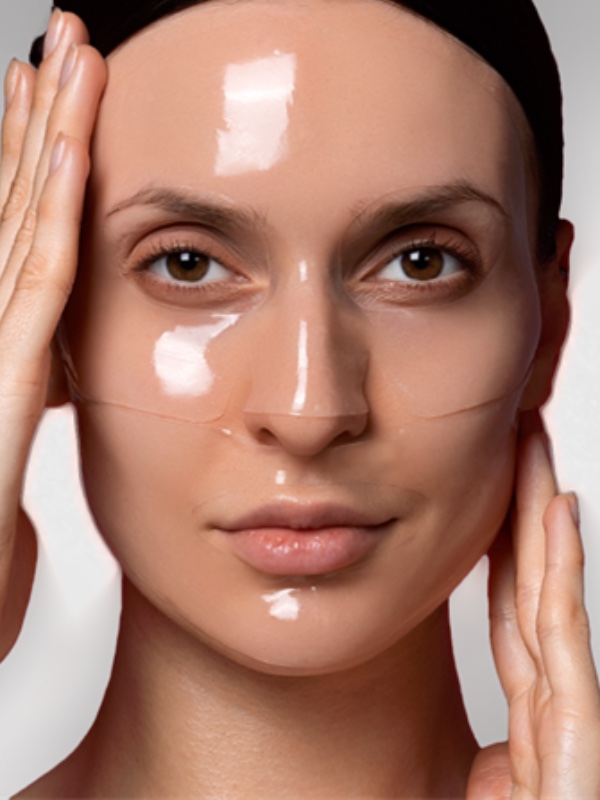When we drink, water helps break down foods for nutrients and proteins that cells use to regenerate and grow. This includes the skin, which gets its nutrients, oxygen, and moisture delivered by the blood. Our blood itself is created in our bone marrow, resulting from (and serving as the vehicle for) water and nutrient transport throughout the body. Water also helps transport toxins and waste away from cells and out of the body, helping your skin remain healthy and able to perform its normal functions.
In the skin, water is the base for sebum production, the natural oil our body produces to lubricate itself. Skin plays the very important role of keeping our bodies contained; it keeps moisture in and (most) foreign entities, like microbes and dirt, out. By doing so, skin regulates body temperature while providing an important barrier between ourselves and the outside world.
Hydration and Moisture for Skin
When blood delivers nutrients to our skin, it does so below the epidermis, in the dermis, which actually holds a lot of the body’s water supply. Our epidermis grows from the dermal layer, drawing nutrients from the blood to generate new cells. When our skin is dull and dry, it’s because the dermal layer isn’t holding enough water to keep our connective tissues hydrated, and this includes collagen and elastin, which provide the skin with structure and volume. A dry dermal layer can’t produce well-hydrated epidermal cells, so our outer skin becomes dull.
Dehydration and Dryness
Since hydration is an inside-out process, rehydration can come only from drinking enough water, and dehydration will happen when you’re not drinking enough of it.
When skin is dry, it’s not getting enough oil, so the outer layers of skin cells may flake off, itch, or feel tight. When skin is dehydrated, it might produce excess sebum to compensate.
It’s possible that skin can be both dry and dehydrated, and in this situation, acne might develop from extra oil holding onto dirt and dead skin cells. Wrinkles can also develop from dry skin and clogged pores. They form when our skin creases, buildup becomes trapped, and new skin grows around the crease, making the appearance deeper over time.
Skincare for Hydration and Moisture
If you’re drinking enough water and don’t feel tired or extra thirsty but your skin is looking dry, it might be from an external source like hot showers, too much sun exposure, or over-washing and stripping oils.
If you’re using a moisturizer but your skin is still looking dull or isn’t absorbing your products, it might be from a lack of dietary nutrients, not exfoliating, or from not drinking enough water. When you know if your skin is dry or dehydrated, you can better attend to the problem; dry skin needs more oil, and dehydrated skin means you need to drink more water.




